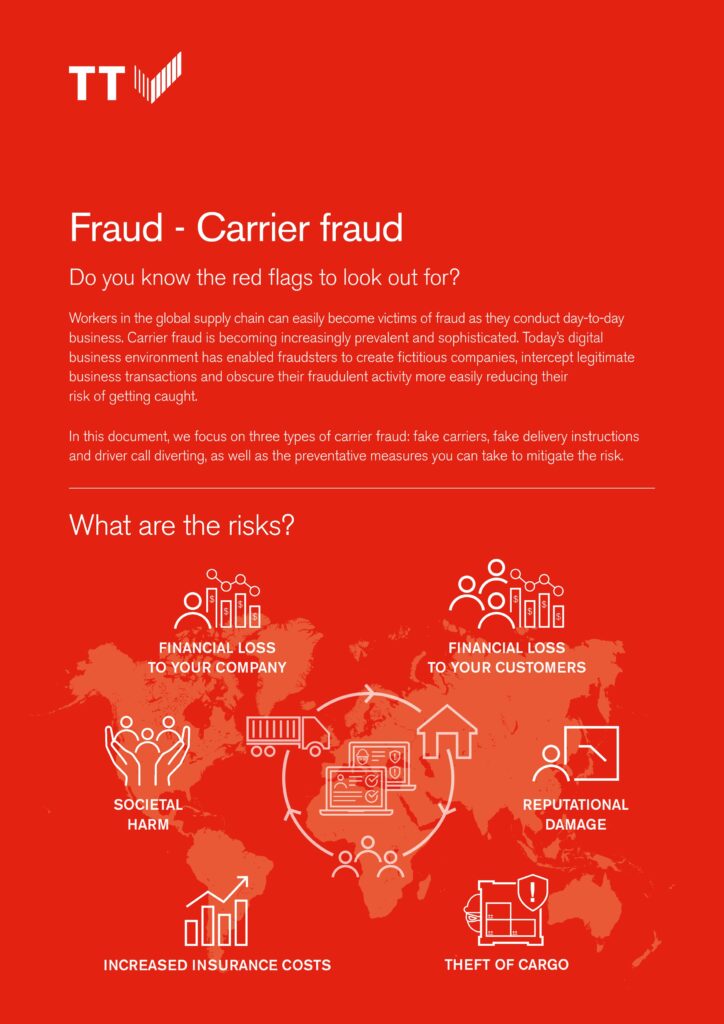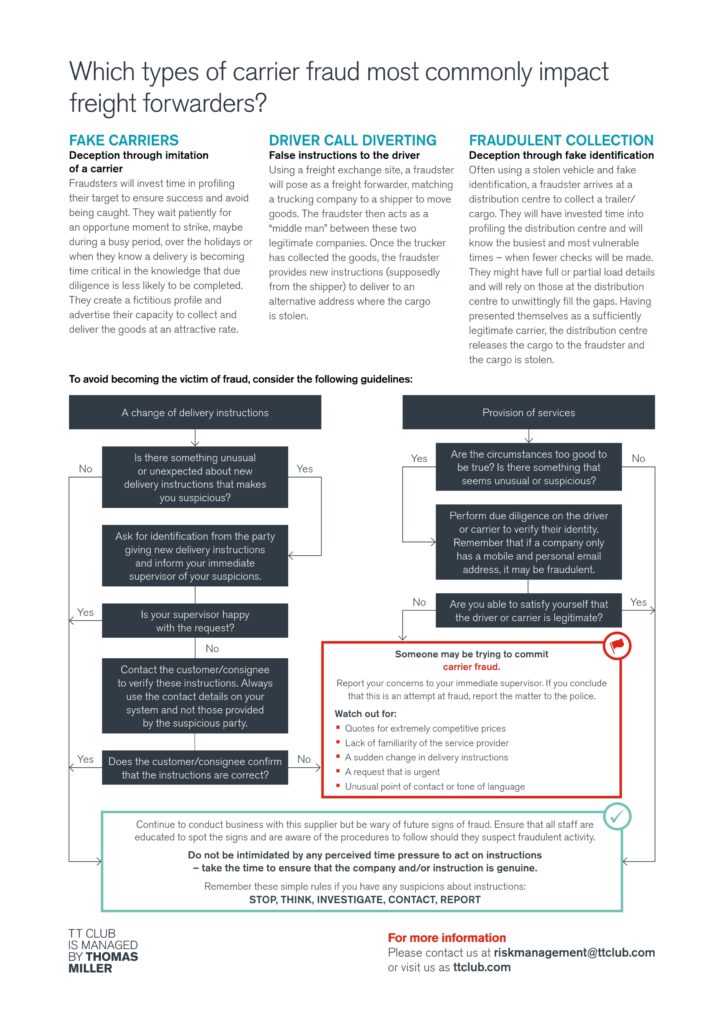ICHCA International has opened the 2021 TT Club Innovation in Safety Award and invites submissions from anyone involved in cargo logistics who can show a demonstrable improvement to safety
ICHCA International, the global cargo handling association, has opened the 2021 TT Club Innovation in Safety Award, which aims to highlight the importance of safety at a time of increased operational demands on cargo handling infrastructure and operations worldwide. The goal of the Award is equally to champion and celebrate the many companies and individuals around the world who are 100% dedicated to ‘making it safe’ every day, and to acknowledge and foster innovation to improve safety in cargo operations and logistics.
Both ICHCA International and TT have a fundamental commitment to risk reduction throughout the supply chain, in particular to safety within cargo handling operations. Promoting such safety advice is paramount to the philosophy of the two organisations and the Award reflects this commitment.
In announcing the opening of the Award entry process for 2021, TT Risk Management Director Peregrine Storrs-Fox said, “TT has always emphasised the critical nature of loss prevention in its role as a primary supplier of liability insurance and risk management services to those in the supply chain industry. As such, we remain dedicated to encouraging safety awareness and applaud ICHCA’s initiative in offering this prestigious award. TT has worked closely with ICHCA for a number of years, producing safety advisory documents and urging sound operational. We look forward to celebrating the wealth of safety innovation that will once more be encouraged by this Award.”
The Award is open to anyone – an individual, team or company – involved in cargo logistics. Entrants are required to show that a product, idea, solution, process, scheme or other innovation has resulted in a demonstrable improvement to safety.
The deadline for entries is 12 November 2021 and full details of the entry process and judging criteria can be found in both English and Chinese at https://ichca.com/tt-club-innovation-in-safety-awards.
The Award ceremony takes place in February 2022 where we will celebrate the shortlisted and winning entries.
ENDS
About ICHCA – International Cargo Handling Coordination Association
Established in 1952, ICHCA International is an independent, not-for-profit organisation dedicated to improving the safety, productivity and efficiency of cargo handling and movement worldwide. ICHCA’s privileged NGO status enables it to represent its members, and the cargo handling industry at large, in front of national and international agencies and regulatory bodies, while its Technical Panel provides best practice advice and develops publications on a wide range of practical cargo handling issues.
Operating through a series of national and regional chapters, including ICHCA Australia, ICHCA Japan as well as Correspondence and Working Groups, ICHCA provides a focal point for informing, educating, lobbying and networking to improve knowledge and best practice across the cargo handling chain.
About TT Club
TT Club is the established market-leading independent provider of mutual insurance and related risk management services to the international transport and logistics industry. TT Club’s primary objective is to help make the industry safer and more secure. Founded in 1968, the Club has more than 1100 Members, spanning container owners and operators, ports and terminals, and logistics companies, working across maritime, road, rail, and air. TT Club is renowned for its high-quality service, in-depth industry knowledge and enduring Member loyalty. It retains more than 93% of its Members with a third of its entire membership having chosen to insure with the Club for 20 years or more.








